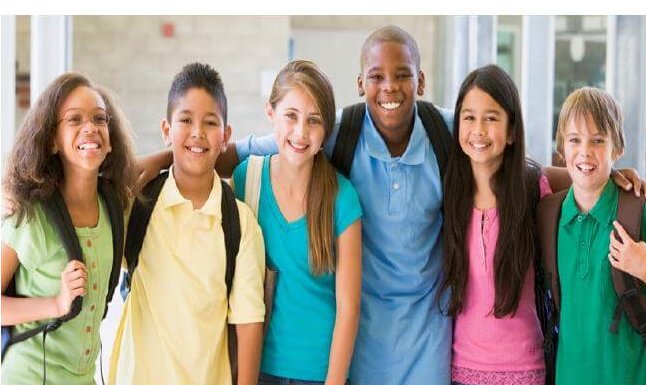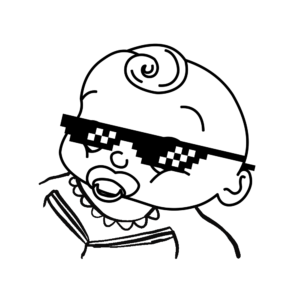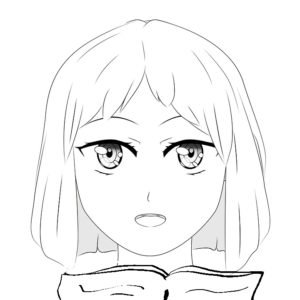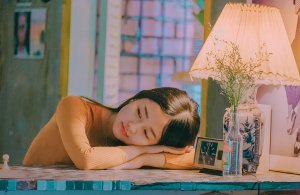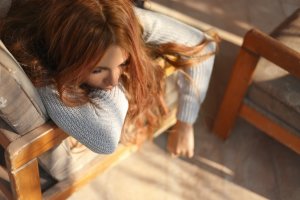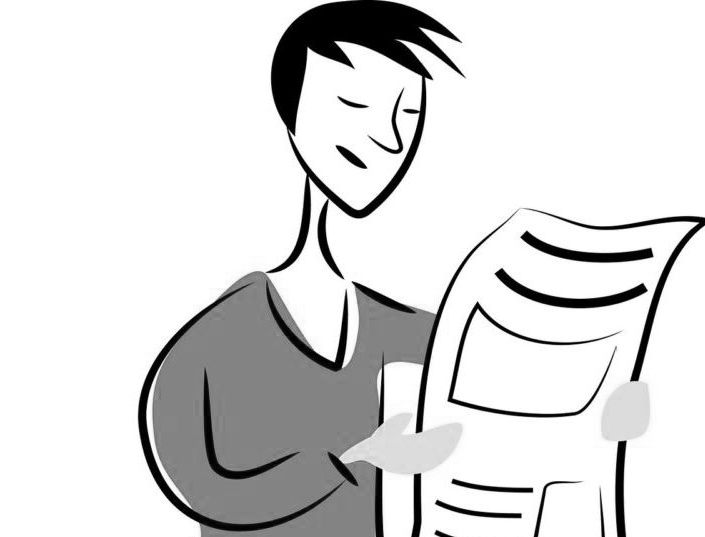ADHD is a national epidemic, affecting somewhere between 5 and 11 percent of Americans, depending who’s counting. With millions diagnosed, treatments have proliferated, ranging from medications to therapy to diet and lifestyle changes. Children are often identified at an early age, and parents are understandably reluctant to medicate. Fortunately, a number of more natural approaches have been proven to be as effective as medication in diminishing ADHD symptoms. Here are seven effective natural treatments for ADHD:
1. Get Outside –Beginning with the seminal book, Last Child in the Woods by Richard Louv, there has been a renewed movement to get children playing outside, for several health benefits. One of those is the calming effect of green spaces. A 2009 study found that a simple 20-minute stay outside in a natural area increased concentration for children with ADHD. That is without even doing anything!
2. Get Physical – We know it intuitively, and the research backs us up, that squirmy, high-energy kids do better and feel better when they can release that energy. Call it exercise, call it recess, but kids who engage in high physical activity improve their executive functions measurably (Yu-Kai Chang, et al, 2012), including focusing afterwards.
3. Eat Well – There are many dietary recommendations out there, from specific foods and supplements you should eat to things to allergens and other things to avoid. The general consensus is that we really are what we eat, and a balanced whole-food diet benefits all brains, including those with ADHD. This includes regular meals that balance protein, fruits and vegetables, and carbs; it does not include high-fat, high-sugar, caffeinated junk food. The fewer additives the better, whether you are actually allergic to any of them or not. And drink plenty of water. You will be surprised how much better you feel well-hydrated (did you know your brain is 73% water?).
4. Sleep Well – Here again, we know that everyone does better with adequate sleep; it is critical for the person with ADHD. Adolescents need 9-11 hours of good sleep. A recent study verified that less sleep can increase inattention and oppositionality in adolescents with ADHD (Becker, S, et al, 2018). Part of ensuring that sleep is to remove all screens from the bedroom, and stick to regular bedtimes.
5. Mind Your Mind – It may seem counterintuitive, but getting a person with ADHD to sit completely still – or move very slowly – can help them focus and find calmness. Practices such as meditation, yoga and tai-chi have been found to help slow down thoughts and increase awareness of self. Attending a class can increase the chance of sticking to it.
6. Therapy – The effects of ADHD on social interactions can be frustrating. Sometimes a trained professional can provide the objective reflection or reframing that helps overcome discouragement or irrational thought patterns, and teach more effective approaches. The American Academy of Pediatrics recommends basic behavioral therapy, done by parents and teachers, for young children. Older children and adults can benefit from cognitive behavioral therapy with a therapist trained in ADHD.
7. Social (Skills) Groups – Although people with ADHD can learn a lot watching their neuro-typical peers, they can find relief from time with a peer group that shares their struggles. With guided facilitation, kids and adults benefit from listening to other stories and problem-solving as a group. They can then practice new skills in a supportive environment. When those skills are generalized to the rest of the world, the improvement is measurable (Pfiffner, L, 1997).
Parents of children with ADHD can put these remedies to work at home without great cost or effort, although consistency is vital to success. Another great place to be immersed in all of these approaches is an ADHD-specific summer camp. At Talisman Summer Camp, the staff are trained to understand the causes and manifestations of ADHD and to ensure their campers get plenty of outdoor play, wholesome meals, ample sleep, mindful periods and social skills practice. When parents support their new habits on their return home, the benefits can be long-lasting.
Louv, Richard. (2005) Last child in the woods :saving our children from nature-deficit disorder Chapel Hill, NC : Algonquin Books of Chapel Hill.
Faber Taylor, A., &Kuo, F. E. (2009). Children With Attention Deficits Concentrate Better After Walk in the Park. Journal of Attention Disorders, 12(5), 402–409. https://doi.org/10.1177/1087054708323000
Yu-Kai Chang, Suyen Liu, Hui-Hsiang Yu, Yuan-Hung Lee, Effect of Acute Exercise on Executive Function in Children with Attention Deficit Hyperactivity Disorder, Archives of Clinical Neuropsychology, Volume 27, Issue 2, March 2012, Pages 225–237, https://doi.org/10.1093/arclin/acr094
Becker S, Epstein J, Tamm L, Tilford A, Tischner C, Isaacson P, Simon J, Beebe D. Shortened Sleep Duration Causes Sleepiness, Inattention and Oppositionality in Adolescent with ADHD: Findings from a Crossover Sleep Restriction/Extension Study. JAACAP. 2018 Nov. 1. https://doi.org/10.1016/j.jaac.2018.09.439
Mind–Body Therapy for Children with Attention-Deficit/Hyperactivity Disorder
Anne Herbert, Anna Esparham
Children (Basel) 2017 May; 4(5): 31. Published online 2017 Apr 25. doi: 10.3390/children4050031
PMCID:
PMC5447989
American Academy of Pediatrics – Behavior Therapy
November 2011, VOLUME 128 / ISSUE 5
From the American Academy of Pediatrics
Pfiffner, L. J., &McBurnett, K. (1997). Social skills training with parent generalization: Treatment effects for children with attention deficit disorder. Journal of Consulting and Clinical Psychology, 65(5), 749-757.
http://dx.doi.org/10.1037/0022-006X.65.5.749
Author Bio- Shawn is a passionate health blogger. He served as a volunteer in a peace corps in Africa. Because of his passion toward writing and helping others, he started his career as a writer with Talisman summer camps where he now works as a content manager. He is a regular volunteer at the hospital for special children, when he is not working or volunteering at the children’s hospital, he likes to fishing with his father.

